Women’s participation in the workforce reached 36 per cent last year, nearly double the figure in 2016, as the relaxation of guardianship laws has meant women aged 21 or older no longer needed a male relative’s permission to leave home, register their marriage, or obtain a passport.
“The entry of women into the public, and the introduction of gender mixing in the big cities has really opened up the social and professional space for young Saudis,” said Kristin Smith Diwan, a senior resident scholar at the Arab Gulf States Institute in Washington.
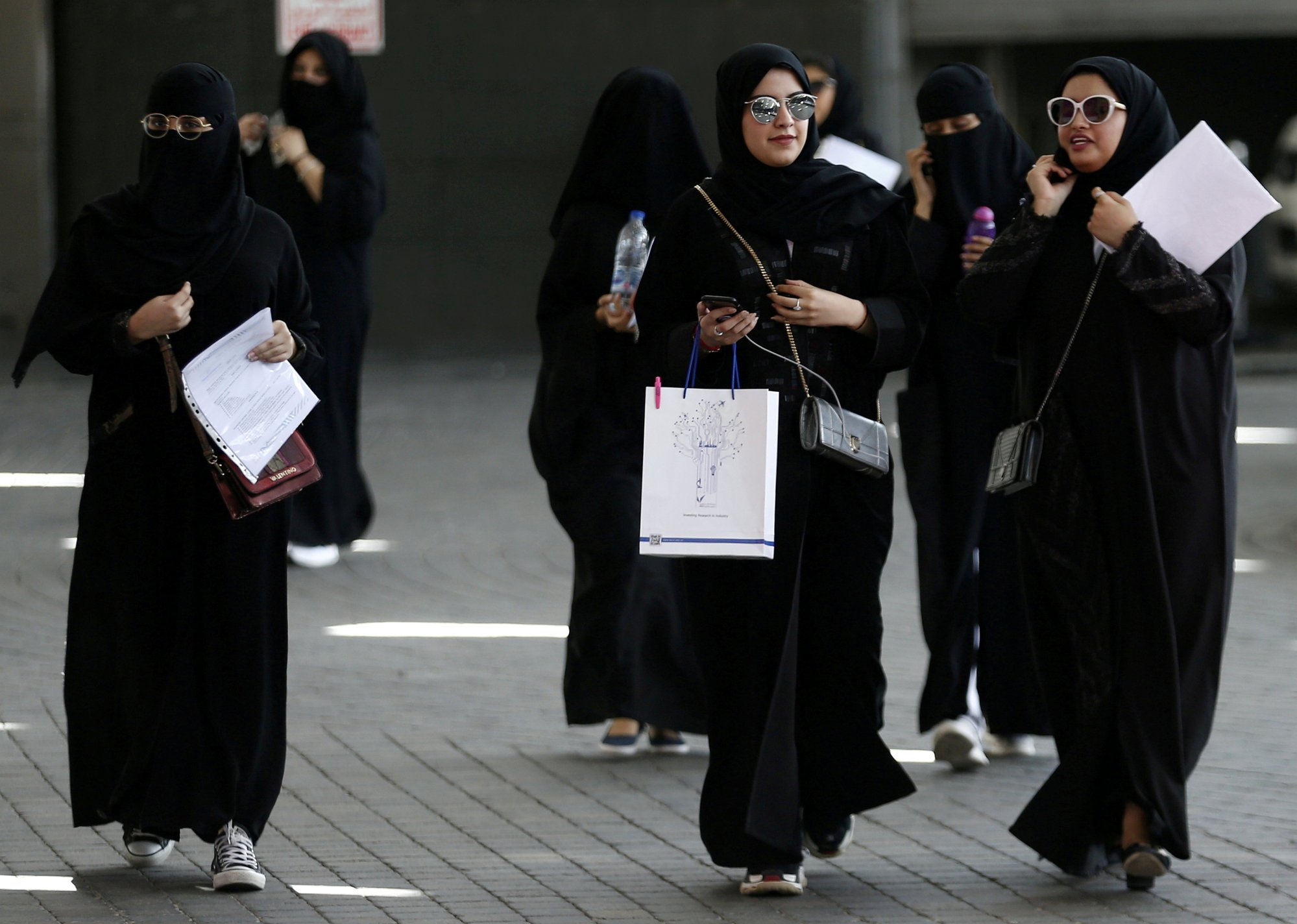
“The change can be seen in the work space, in family life, and in dynamics such as dating and marriage, in ways that we can’t yet fully comprehend.”
This historic transformation has been driven by the kingdom’s Vision 2030 programme, a trillion-dollar master plan launched in 2016 to reduce oil dependence and diversify the economy into a regional business and investment hub.
Reflecting record public investment, Saudi Arabia’s gross domestic product surged 54 per cent between 2016 and last year to more than 4 trillion riyals (US$1.06 trillion), creating millions of new private sector jobs in the process.
In the last two years alone, private investment has grown 57 per cent, pushing the non-oil economy’s value to 1.7 trillion riyals – almost half the kingdom’s current GDP.
As a consequence of this boom, the unemployment rate among Saudi nationals fell to 7.7 per cent at the end of last year from a high of 12.7 per cent in 2017. Men’s unemployment has held stable at 4.6 per cent, while women’s joblessness continued decreasing to 13.7 per cent in the final quarter of 2023 from 16.3 per cent in the third quarter.
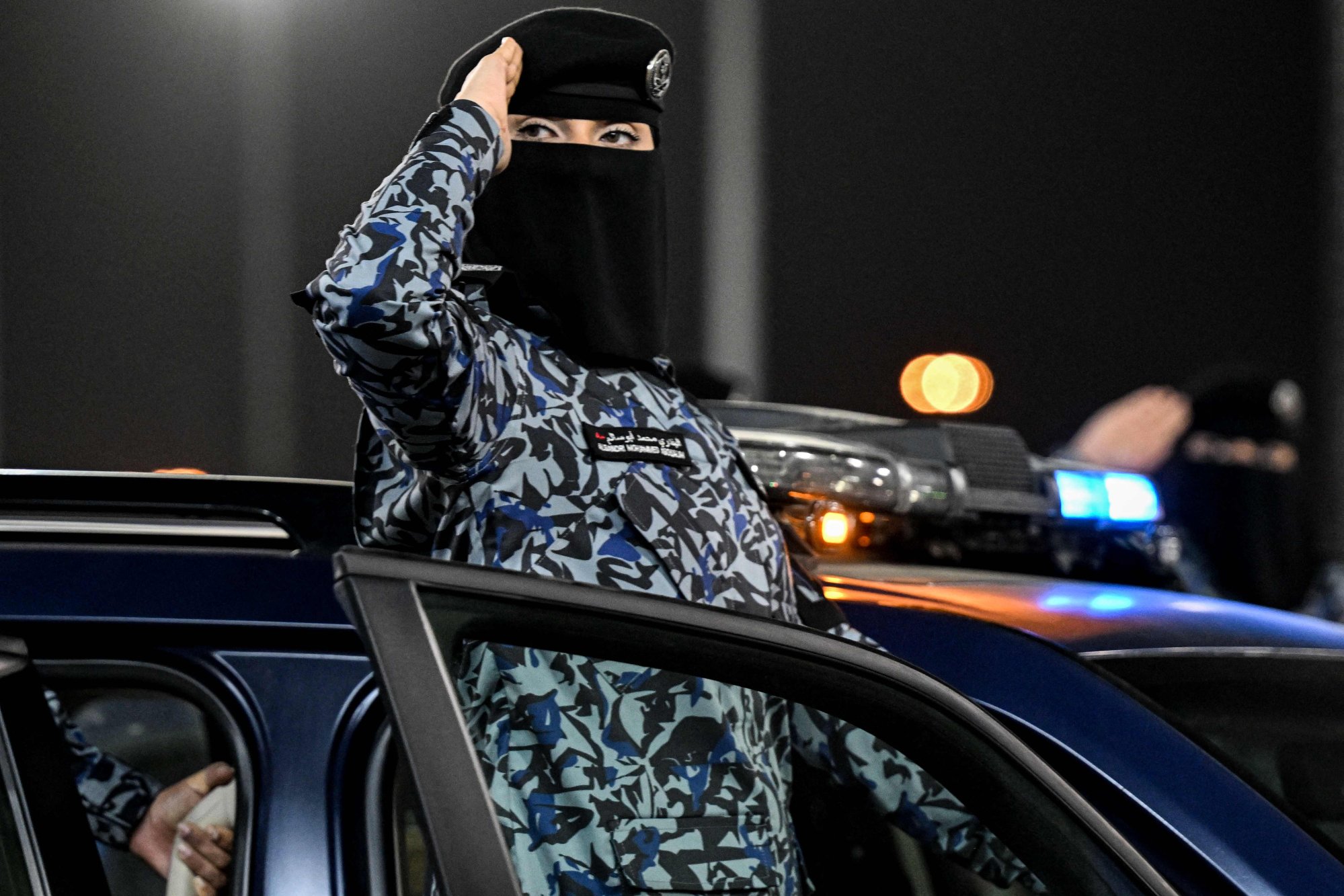
The Washington-based multilateral lender noted that more women joining the workforce had not led to an increase in broader unemployment thanks to the Saudi government’s “commitment and effective communications” that facilitated shifts in social norms and its “effective reform drive” under Vision 2030.
Analysts say the reforms’ early successes have created a huge support base for the 38-year-old crown prince among younger Saudis and women, who collectively comprise the bulk of citizens.
Their enthusiasm for further reforms has, in turn, strengthened the Saudi monarchy’s hand to advance the process – despite opposition from the puritanical Wahhabi Islamist movement that long enjoyed outsize political influence in the kingdom but has been stripped of many of its powers and privileges in recent years.
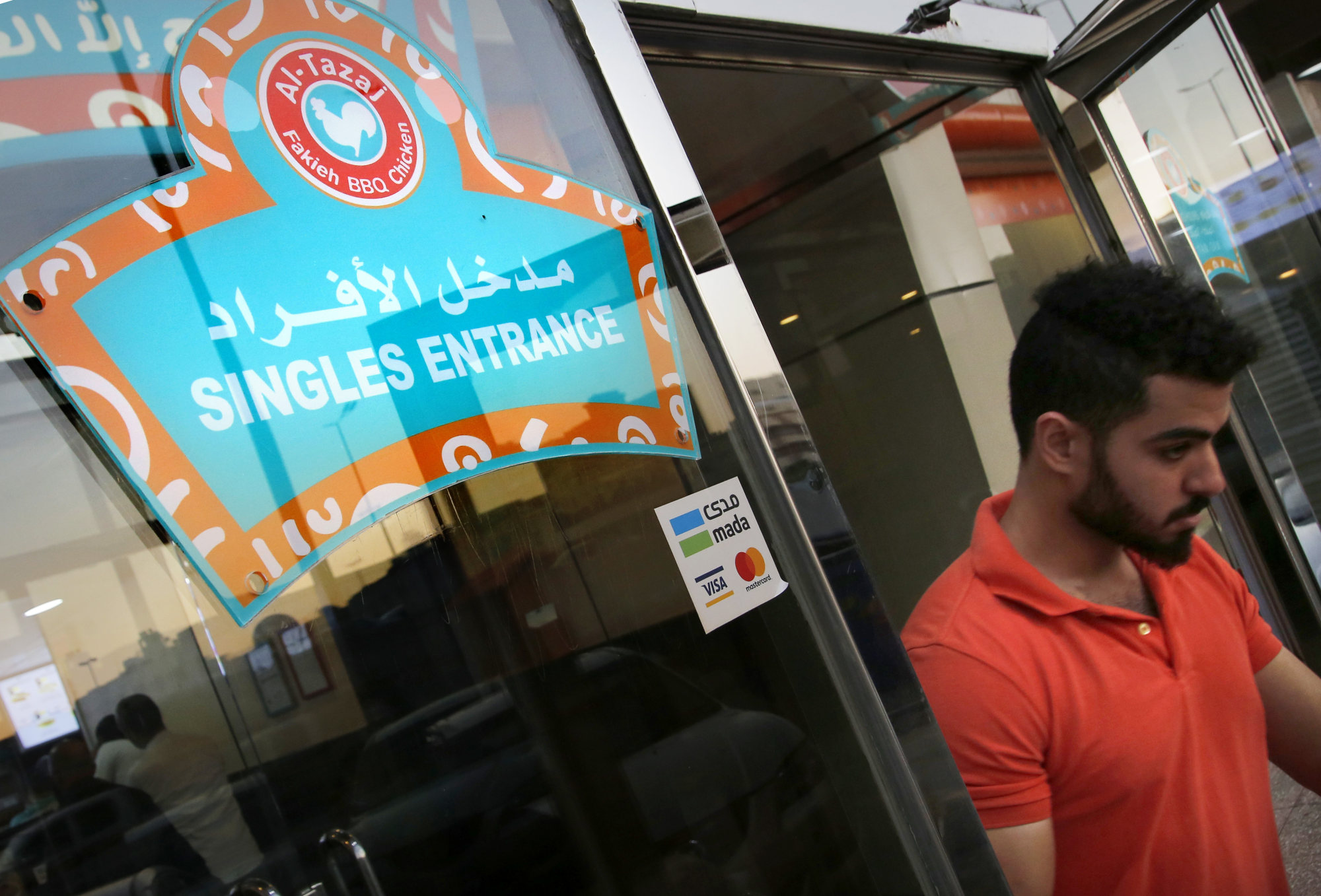
Women and young Saudis thus form a demographic bulwark that helps blunt any future resistance from sidelined conservatives, while the kingdom’s political character has also been redefined by the nationalistic and outward-looking Vision 2030 programme.
Saudis now mark February 22 as Founding Day, a public holiday started in 2022 to celebrate the start of the al-Saud dynasty in 1727 – notably playing down the 1744 political-religious alliance between the dynasty’s founder and the creator of Wahhabism, Saudi Arabia’s dominant faith throughout its history.
Six months after the inaugural Founding Day, the government slashed the number of religious classes in state schools, as part of a shift in emphasis towards equipping students with the life skills needed to pursue diverse careers in the kingdom’s evolving economy.
Older Saudis accustomed to conservative social norms had a “mixed reaction” to these systemic changes, analysts say.
While there is some cultural resistance, the practical benefits of these reforms are gradually gaining acceptance
“Some individuals, who deeply value the traditional religious curriculum, have expressed concerns about the potential erosion of cultural and religious values,” said Salman al-Ansari, founder and president of the Saudi American Public Relation Affairs Committee in Washington.
“However, many others recognise the necessity of these changes to prepare younger generations for the globalised economy.”
He said the new emphasis on critical thinking, technical skills and languages has been “particularly appreciated by parents who understand the competitive nature of the global job market”.
“Overall, while there is some cultural resistance, the practical benefits of these reforms are gradually gaining acceptance,” Ansari said.
“Growing acceptance and encouragement of women’s ambitions” in Saudi society meant “families now celebrate the achievements of their daughters and wives, reflecting a more progressive societal mindset”, he said.
This shift has also resulted in the creation of a “broader support network for women”, encouraging their greater participation in public and professional spheres of life.
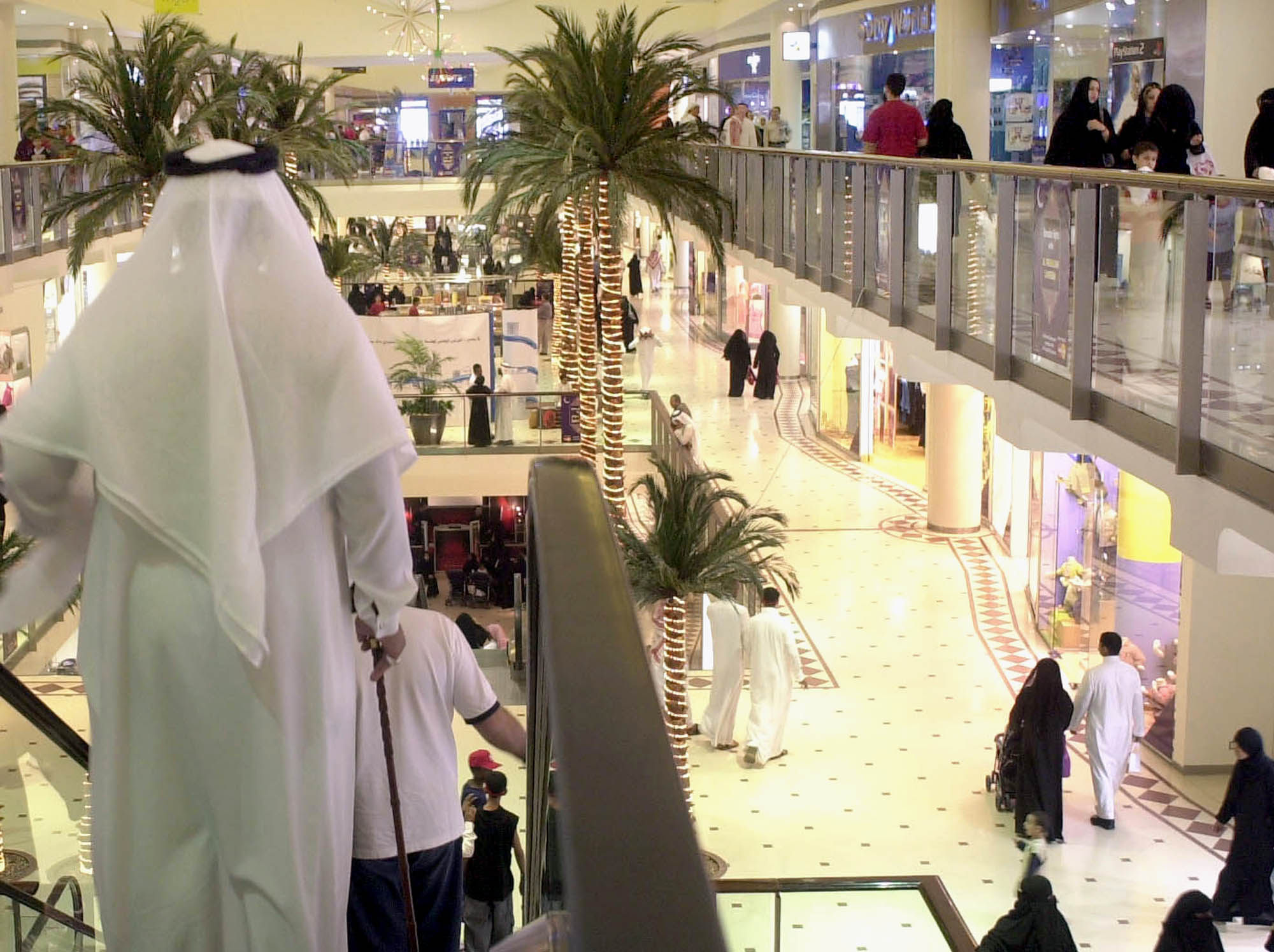
Liberating but ‘bewildering’
As the economy diversifies and society continues to open up, many young Saudis have been making a beeline for the capital Riyadh to work for the government in the emerging cultural, heritage, and tourism sectors.
“The shift to youth in the new ministries and agencies is quite striking,” Diwan of the Arab Gulf States Institute told This Week in Asia. “For some it has become quite liberating, if at times confusing.”
More Saudi women are taking the opportunity to move away from home, living and working independently without their families’ supervision. Meanwhile, new dating apps and services have also sprung up to help young professionals find potential matches.
The changes have been “more bewildering for older Saudis, including many who were once well connected”, Diwan said – though most have now lost their privileges, with some even banned from travelling.
Social norms have not yet been fully defined, so an element of confusion and improvisation can be seen
With religious hardliners effectively “silenced”, little is known to outsiders about their true thoughts on the reforms, though occasionally “a thread of resentment and rejection of the new ways” pops up on social media in reaction to social controversies, Diwan said.
“Even professed ‘liberal’ Saudis are taken aback at the free social behaviours of younger Saudis,” she said, noting that as the kingdom undergoes this transformation “social norms have not yet been fully defined, so an element of confusion and improvisation can be seen in the lives of many Saudis”.
The monarchy’s continued intolerance of dissent is evident in the fact that social reformers who campaigned for the changes that the government has enacted have been imprisoned.
“It can be quite capricious, who ends up on the wrong side” of the authorities, Diwan said, adding that Saudis who work in more political fields “are always a bit on edge, and everyone chooses their words carefully”.
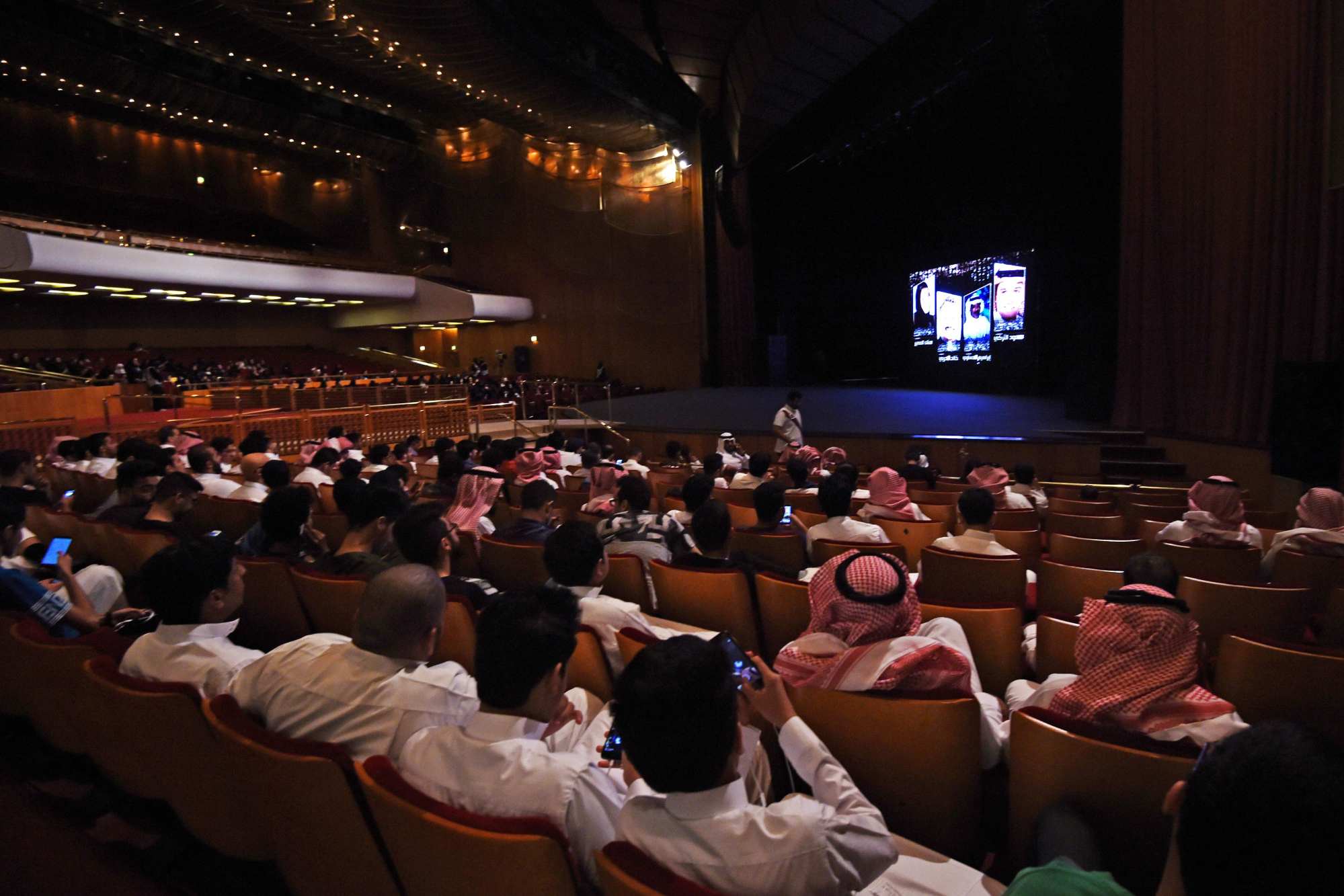
Nevertheless, the changes have sought to “achieve an acceptable balance between traditionalism and modernism”, according to Saudi researcher Najah al-Otaibi, who said they had addressed “an extreme need for reform” in the kingdom.
Before King Salman’s enthronement, government attempts to enact reforms were often vetoed by conservative elements, including the Islamist clergy, on the grounds of Saudi exceptionalism. This “exceptional privacy” had previously held the country back from achieving “so many goals”, said Otaibi, who is the founder and director of London-based strategic communications and public diplomacy consultancy Global Soft Power Communications.
“We have seen that change”, she said, adding that Saudi Arabia has now moved away from a “policy of isolation” built upon the belief that its policies had to differ from other countries due to its role as the “heart of Islam” and its cultural and tribal heritage. As a result, other reforms have become much easier to implement.
Educational and media campaigns organised by government agencies and state-funded NGOs have accompanied the reforms to “make sure people understand”, Otaibi said.
“I think this is a very smart move by the Saudi government because this is a very conservative society” and “a lot of problems” may have otherwise resulted, she said.
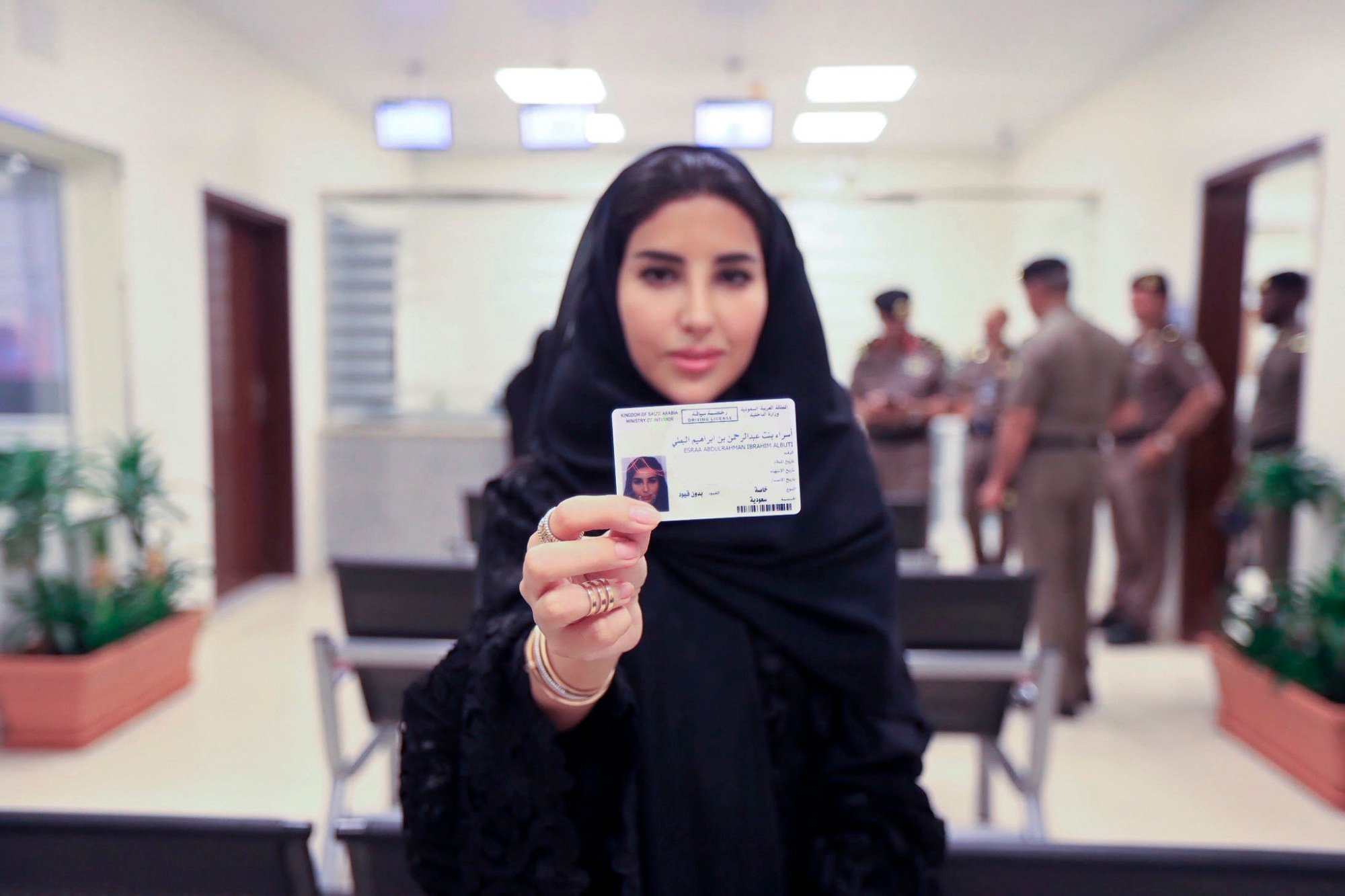
Societal shifts
The reforms have caused a “noticeable shift” in the daily lives of Saudis, while increasing the professional opportunities that are open to them, said Ansari of the Saudi American Public Relation Affairs Committee.
He cited illustrative examples, including how a close friend, who previously faced challenges pursuing a tech career, now holds a senior position at a major Riyadh company, “benefiting from initiatives aimed at fostering innovation and entrepreneurship”.
Similarly, Ansari said one of his cousins, a talented artist who had struggled with limited opportunities to showcase his work, now has access to local and international audiences through platforms like the Misk Art Institute and the Diriyah Biennale, “significantly boosting his career and personal growth”.
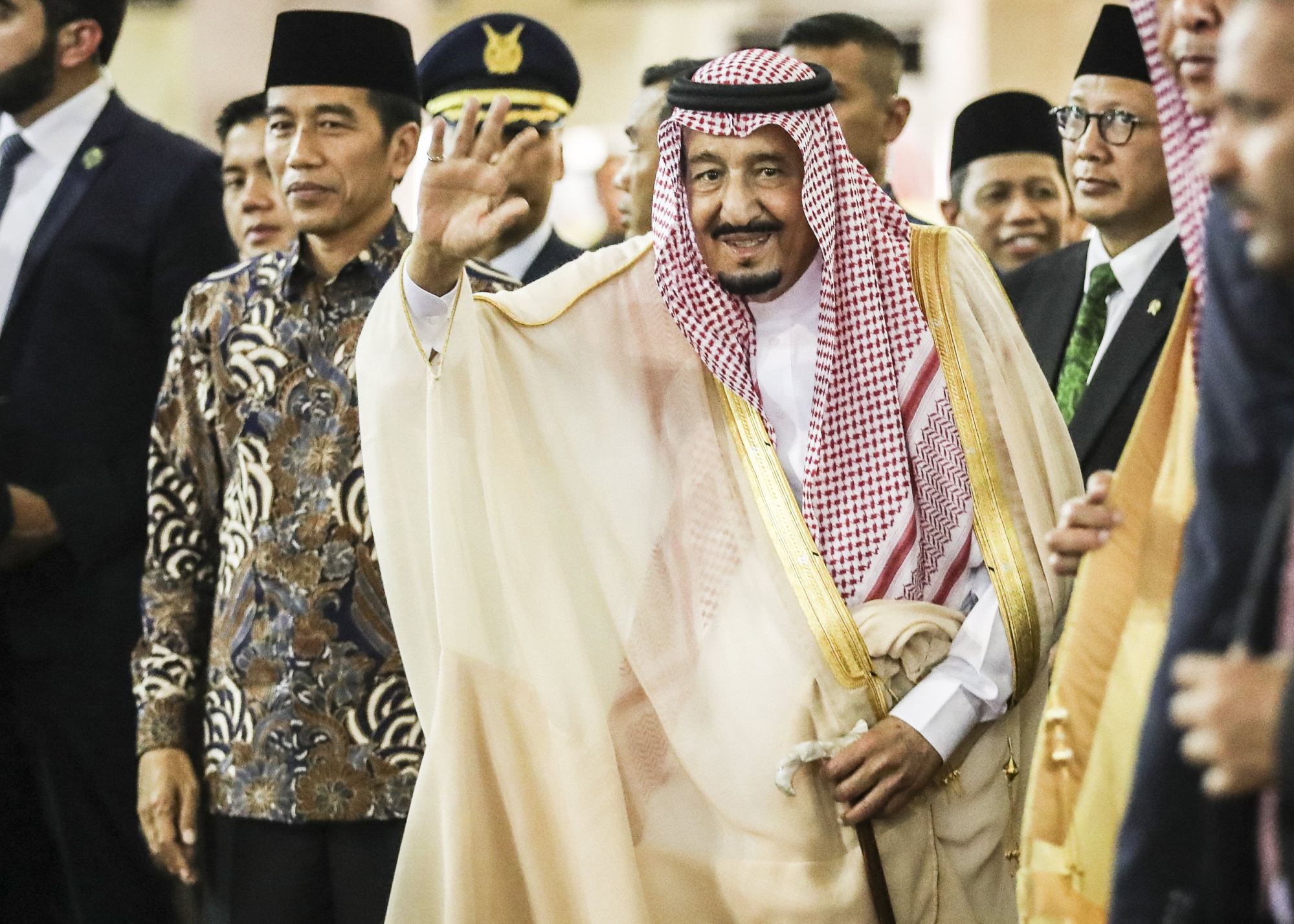
The kingdom’s new emphasis on moderate Islam, modernisation and economic diversification “echoes some aspects of Malaysia’s development model”, he said.
Meanwhile, Indonesia’s “vibrant society and cultural diversity” also offer points of comparison, “especially in terms of balancing tradition with modernity”.
However, Ansari noted that Saudi Arabia’s distinct history, religious significance, and strategic goals mean it will “maintain its unique identity while potentially incorporating successful elements from these nations’ experiences”.
But she said Saudi Arabia would “always maintain an element of difference, due to its size and its religious importance”.
Saudi nationals also make up most of the kingdom’s population, unlike in other Gulf monarchies where non-citizens are in the majority.
“Saudis themselves will always be a driving force in the social outcome of their country in the way Emiratis cannot, due to their smaller numbers and minority status within a sea of expatriates,” Diwan said.

